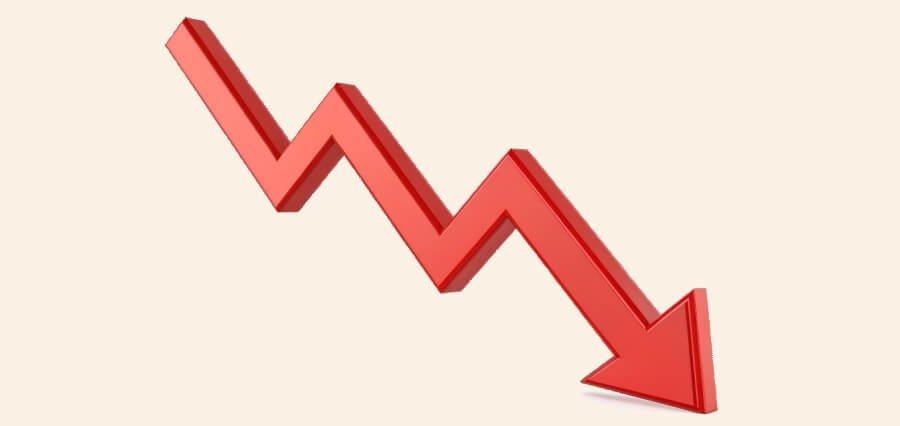Prime Highlights:
Germany’s economy shrank by 0.2% in the fourth quarter of 2024, worse than the 0.1% decline anticipated by analysts.
While household and government spending increased, exports fell significantly, contributing to the overall economic downturn.
ING’s Carsten Brzeski warned of a high likelihood of a winter recession, citing persistent issues in Germany’s industrial sector.
Key Background:
Germany’s economy shrank by 0.2% in the fourth quarter of 2024, according to preliminary data released by the country’s statistics office, Destatis. The contraction marks a disappointing end to a year already characterized by economic and structural challenges. Analysts had forecasted a smaller decline of 0.1%, but the actual figure was worse than anticipated.
While household and government consumption expenditures showed growth, exports experienced a significant decline, which contributed to the overall downturn. The drop-in exports were described as significantly lower than in the previous quarter, highlighting persistent weaknesses in Germany’s industrial sector.
Carsten Brzeski, Global Head of Macro at ING, warned that the current economic conditions increase the likelihood of a winter recession. The country’s industrial challenges, particularly with inventory issues and a sluggish order book, are unlikely to see substantial improvement in the near term. Furthermore, looming tariffs on exports to the U.S. exacerbate the outlook for German industry. The contraction follows a slight 0.1% GDP increase in the third quarter of 2024, signaling continued stagnation.
On an annual basis, Germany’s economy contracted by 0.2% in 2024, following a 0.3% decline in 2023. Despite these downturns, some relief may come in 2025, as the government projects modest growth of 0.3%, a downward revision from an earlier forecast of 1.1%. Robert Habeck, Germany’s Minister for Economic Affairs and Climate, acknowledged the country’s prolonged stagnation, citing both domestic and global political uncertainties as factors influencing the revised outlook.
A federal election is set for February 23, 2025, following the collapse of the ruling coalition last year, with political instability continuing to weigh on the economy. Finance Minister Jorge Kukies also highlighted the need for addressing Germany’s structural weaknesses to foster long-term economic growth.
Read Also: Comcast Surpasses Earnings Expectations Despite Broadband Losses

